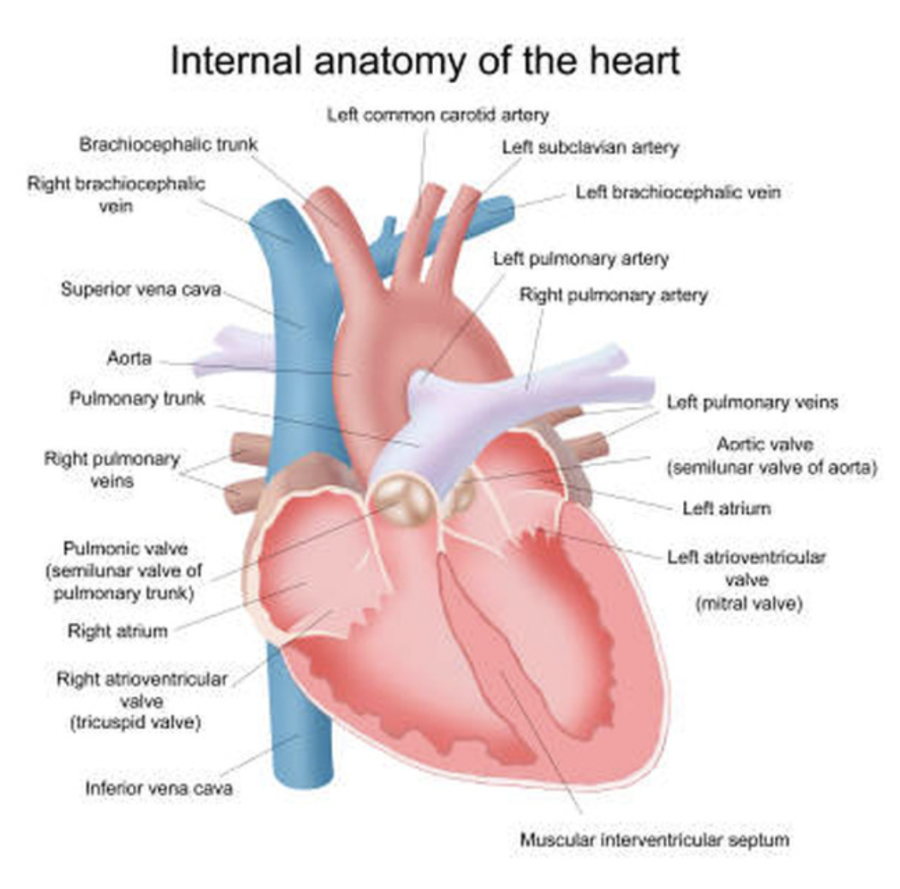A racing heart: Wolff-Parkinson-White Syndrome
The heart races for many reasons. Running, working out, and anxiety are just a few activities that can elevate heart rate. It is normal. Although, sometimes the heart races on its own. Most people have never experienced this, but for someone with Wolff-Parkinson-White Syndrome (WPW), random episodes of elevated heart rate, known as supra ventricular tachycardia (SVT), are extremely common. However, just because they are common, does not mean they are not dangerous.
Wolff-Parkinson-White syndrome, or WPW, is a condition that affects the heart. People with this condition have an extra electrical channel in their hearts. Because of this extra channel, blood cells can get “lost” while the blood pumps the flow of the electricity. This confusion in the heart is what causes episodes of SVT and other symptoms. This channel can be in any place in the heart. The placement of said channel can dramatically affect how difficult it is to get rid of it. The most dangerous place for this channel to be is near the part of the heart called the AV node.
The AV node, according to the National Library of Medicine, “connect(s) the electrical systems of the atria and the ventricles, providing electrical impedance from the atria and an intrinsic pacemaker in its absence.” In summary, the AV node is the powerhouse of the heart and is the main muscle that keeps the heart beating. If the AV node is hit or damaged, the patient would have to be put on a pacemaker.
Although an extra channel may seem insignificant, WPW can come with several unwanted side effects. Some of these side effects include elevated heart rate or SVT, fatigue, passing out, and heart palpitations. WPW itself can not cause death, rather it is the episodes of SVT that can become dangerous and lead to death.
In order to prevent dangerous episodes, many WPW patients are prohibited from participating in certain activities or consuming foods with specific ingredients. For most, caffeine is only a dream. Because caffeine speeds up the heart, it is much too risky for WPW patients to consume energy drinks or other items with a high caffeine level. In addition to this, some WPW patients are highly suggested to stay away from high-cardio sports and activities such as biking, running, skating, and the like.
WPW is curable by a surgery called an ablation. Doctors attempt to freeze or burn the extra channel during an ablation. Although burning the channel is more effective, doctors more commonly attempt to freeze the channel, because if mistakes are made they are easier to reverse. Ablation is not open heart surgery. Instead, during an ablation, surgeons go through catheters in either the thigh or the neck.
The risks of ablation are rare, but they are extremely serious. Risks of the surgery include stroke, heart attack, and death. If ablation is unsuccessful, the patient will likely need surgery again. If the surgery is a success, the patient is free to live their life to the fullest: energy drinks, cardio, and anything else their heart desires.
Your donation will support the student journalists of Highlands High School. Your contribution will allow us to cover our annual website hosting costs.




Vidushi • Aug 24, 2025 at 2:34 pm
It’s good to be able to know about a topic and disease I never knew existed in such a simple yet understandable language.
Anna • Sep 17, 2022 at 11:55 am
Lovely written work! I truly admire it, helped me understand a lot about Wolff-Parkinson-White Syndrome